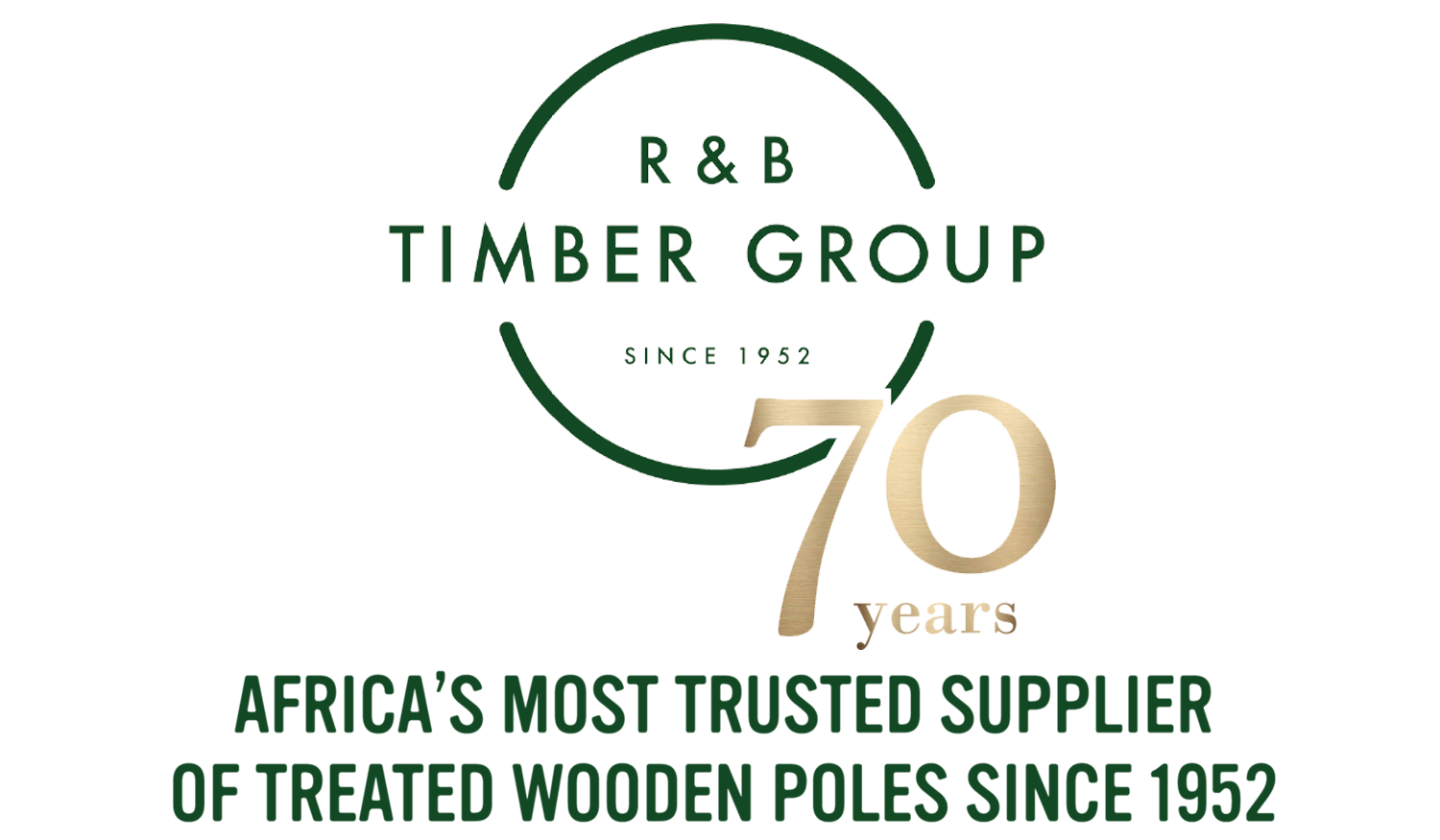What You Need To Know About Illegal Logging, And How To Avoid Poor Products
Illegal timber treatments are not the only threat facing the South African Forestry Industry - illegal logging threatens the environment and operates without regard for the carefully established laws, regulations, and business practices that inform ethical and sustainable forestry.
From the forest until their arrival on the commercial market, complex supply chains govern how timber can be sourced and ultimately treated and sold for practical building work. Much of this trade cannot be sufficiently verified - meaning that illegal operations can thrive where paper-based supply chain audits take place.
What does sustainable forestry look like?
Sustainable forestry protects both the environment, business, and the customer - careful regulations govern not only how timber can be sourced and harvested, but also how it can be treated and used.
For example, regulations outlined what species of wood must be protected and prohibited from processing or sale. Alternatively, similar laws also outline how the timber sector can grow and harvest their goods to ensure that forests and ecosystems can recover, replenish their stocks, and ultimately contribute towards sustainable trade.
Plants naturally have chemical, genetic, and anatomical signatures which are specific to their place of origin and species - and lend themselves to specific properties. Identifying these properties and ethically ensuring their survival and that they reach their intended use is paramount to the industry.
So what is illegal logging?
Illegal logging is where illicit persons or groups can interrupt this sustainable process by alternatively harvesting timber from protected or reserved forests, or by obtaining processed timber through theft. It is estimated that African economies are losing around $17 billion USD per year thanks to illegal logging operations.
Illegal logging amplifies the effects of climate change through deforestation and collapses ecosystems and their natural biodiversity. Illegally sourced timber can be introduced to regulated markets through corruption, or can instead be sold privately to commercial buyers. In either case, the effect is devastating - depriving ethical trade, destroying the natural environment, and robbing the buyer of any protections in purchasing a quality product.
Why would someone buy timber from illegal logging?
Dependency on charcoal, timber, and furniture around the world has driven illegal logging to reach new and more pervasive heights.
Rural poverty can also drive local actors to partake in illegal logging to provide shelter or fuel.
Lastly, commercial actors can be driven to support illegal logging thanks to the fact that these actions can become a source of far cheaper timber
What can be done to stop illegal logging?
Curbing illegal logging will require constant collaboration between two sectors - forest governance and the commercial buyer.
Strengthening forest governance and supporting regulations and new laws that support ethical timber businesses are the first and foremost way we can sufficiently stop illegal logging. The second is by informing commercial buyers of the dangers of such illicit operations, and warning against the purchase of illegally sourced timber.
How do I ensure I am supporting sustainable forestry?
Fortunately, there are many actors working together to ensure that the South African timber industry collaborates and can prevent illegal actors from threatening not only supply chains and trade, but also sustainable forestry and biodiversity.
Ensuring that the party you are obtaining timber from is registered with the Department of Environment, Forestry and Fisheries, and complies with vital regulations such as the Sustainable Forest Development In South Africa white paper, as well as Forestry South Africa’s latest Environmental Guidelines.
